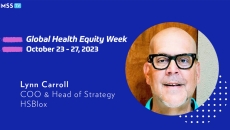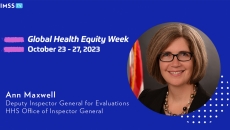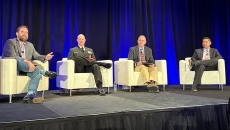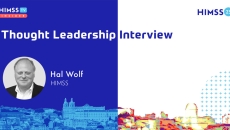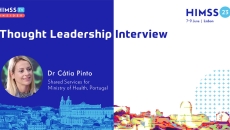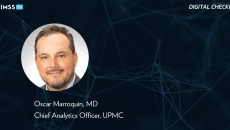Data management
AI and machine learning can help overcome barriers to social determinants of health, says COO of HSBlox Lynn Carroll. Understanding where to take action requires analysis of datasets and tools integrated into traditional medicine.
Ann Maxwell, deputy inspector general for evaluations at the U.S. Department of Health and Human Services Office of Inspector General, discusses the case for making the pandemic-related CMS telehealth expansion permanent.
The California-based company added a senior vice president of marketing and general manager of MapEnhance to its team and launched its new AI-enabled MapLab.
Companies will have access to real-world patient data for clinical decision-making and research support, including hypothesis testing and cohort analysis.
Hal Wolf, president and CEO of HIMSS, relays the lessons learned within the digital health sector from the pandemic and how access to technology and data can make healthcare more sustainable and accessible to ensure health equity.
Dr Cátia Pinto, international affairs unit coordinator at SPMS in Portugal, discusses the country’s digital health infrastructure, its use of EU recovery and resilience funds and the creation of an international health data space.
Dr. Oscar Marroquin, chief healthcare data and analytics officer at UPMC, discusses clinical analytics' relationship with artificial intelligence, and the importance of understanding the foundational elements of using AI in healthcare.
Dr. Payel Das, principal research staff member and manager in the Trusted AI department of IBM, and an IBM master inventor, relays how using large language models that fill gaps in datasets may improve drug discovery in the future.
Andrew Eye, cofounder and CEO of ClosedLoop.ai, discusses how AI can improve or increase health disparities, the value of explainable AI and the importance of open algorithms to ensure accuracy and fairness in data integrations.
